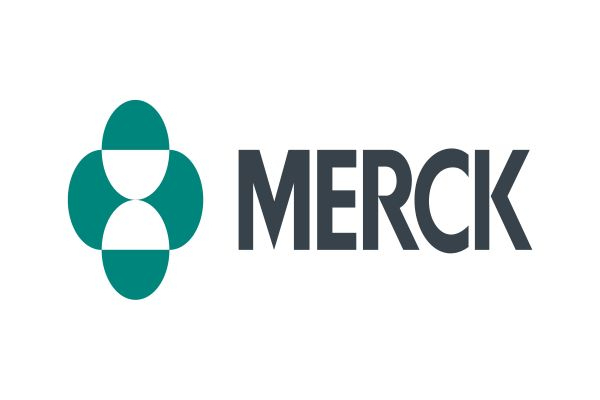Keytruda Qlex is the first and only subcutaneously administered immune checkpoint inhibitor that can be given by a health care provider in as little as one minute

Merck announced that the U.S. Food and Drug Administration (FDA) has approved Keytruda Qlex (pembrolizumab and berahyaluronidase alfa-pmph) injection for subcutaneous administration in adults across most solid tumor indications for Keytruda (pembrolizumab). Berahyaluronidase alfa is a variant of human hyaluronidase developed and manufactured by Alteogen Inc.
Keytruda Qlex must be administered by a health care provider (HCP). Merck expects to have Keytruda Qlex available in the U.S. in late September. For a full list of the 38 indications for which Keytruda Qlex is approved.
“This approval is significant for patients and health care providers like me who have been using immunotherapies for years to treat certain cancers. We now have a new option with a broad set of indications that has demonstrated comparability with intravenous (IV) pembrolizumab but in a subcutaneous injection that can be administered in one minute every three weeks or two minutes every six weeks,” said Dr. J. Thaddeus Beck, oncologist and Medical Director of the Highlands’ Clinical Trials Office. “Subcutaneous pembrolizumab provides faster administration than IV pembrolizumab, offers two dosing options and gives patients more choices of health care settings in which they can receive their therapy.”
“At Merck, we are committed to putting patients first, as we work relentlessly to discover new options that may help patients manage their treatment in a way that fits their needs,” said Dr. Marjorie Green, senior vice president and head of oncology, global clinical development, Merck Research Laboratories. “We are honored to build on the foundation of Keytruda with Keytruda Qlex, a new injectable immunotherapy option that has similar results to Keytruda and can be administered in as little as one minute.”
“As part of supporting patients and families through their cancer journeys, we are excited to see patient-focused developments in subcutaneous cancer treatment that shorten administration time and may allow for more patients to receive treatment in multiple health care settings,” said Sally Werner, Chief Executive Officer, Cancer Support Community.

Subscribe To Our Newsletter & Stay Updated